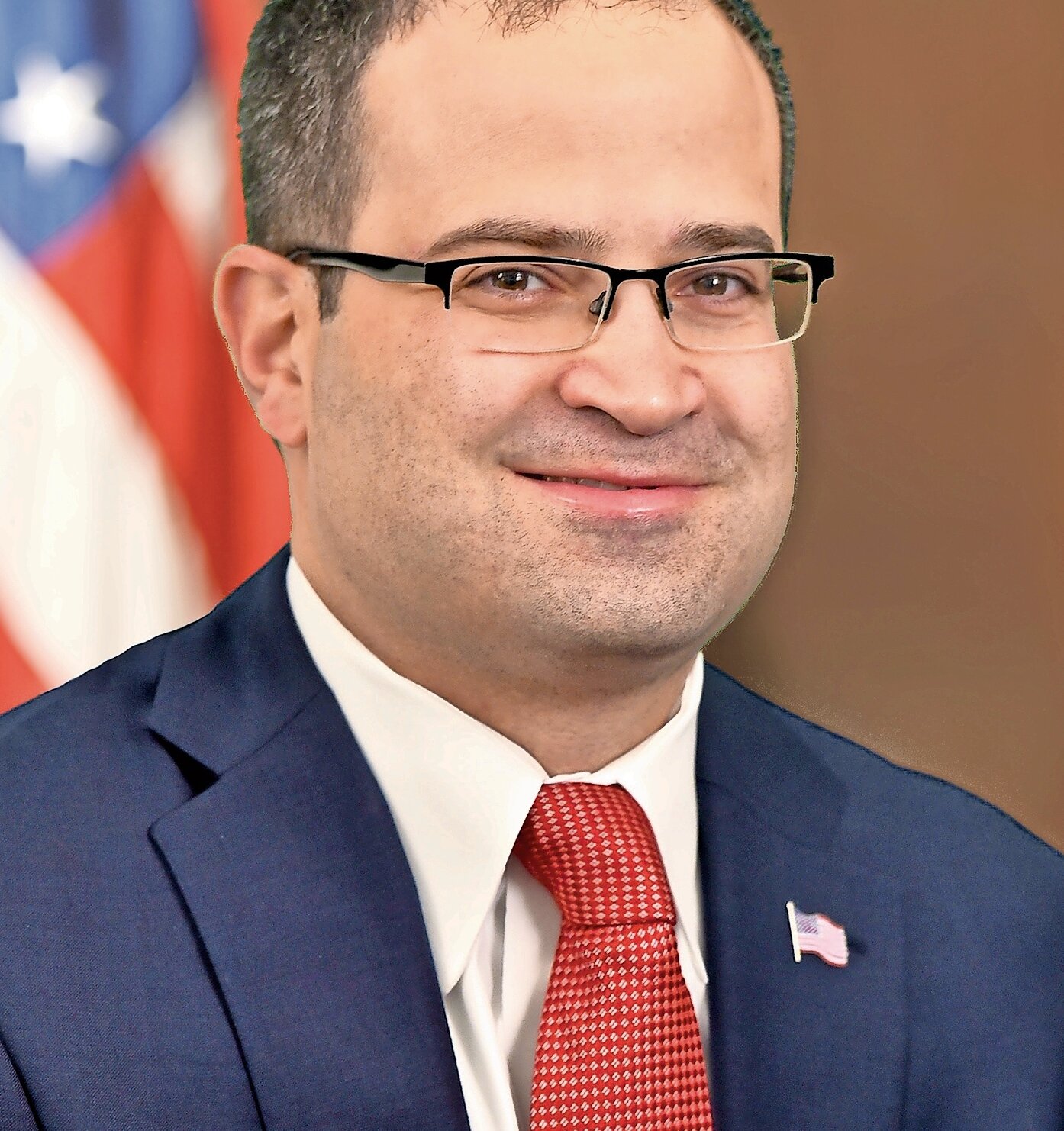A $20,000 burden on working families
New York is experiencing an affordability crisis, but it doesn’t stop at groceries, gas and rent. It’s a more varied problem than many would think.
The lack of affordable and accessible child care is hitting Long Island families hard. Its cost is a major expense that is unsustainable. This crisis not only strains household budgets, but also poses significant barriers to workforce participation and economic mobility for parents striving to secure a better future for their families. Even households with solid incomes — Long Island’s median household income was $120,124 in 2021, according to census data — may be burdened by this substantial monthly expense.
In today’s world, child care is not a simple choice, and it’s far from a luxury — it’s essential. That’s why I have a plan to help give families options and support as they work and care for their children.
The average cost of full-time child care on Long Island can range from $12,000 a year for a preschooler to $20,000 a year for an infant. Not surprisingly, nearly half of all parents say their child care situation is unworkable. To confront this issue, I held a news conference with my Republican Assembly colleagues in Albany last month to address the lack of high-quality, affordable child care across the state.
We unveiled “A Blueprint for Childcare (ABC) Plan,” a comprehensive proposal to provide much-needed relief for high child care costs and better access through increased tax incentives for families and day cares, expansion of access to early-childhood education and more provider options. We estimate that these proposals would save an average family more than $2,300 annually.
The first prong of the ABC Plan aims to provide increased tax incentives to both providers and families. When funding is made directly available to families and businesses, the child poverty rate drops significantly and quality child care programs become more readily available, which is why I’m proposing the following to boost child tax credits:
Increasing the state earned-income tax credit from 30 to 45 percent;
Increasing the Empire State child tax credit to 45 percent of the federal child tax credit;
Creating a new child care facility capital improvement tax credit to help child care providers enhance and update facilities; and
Doubling the existing child care creation and expansion tax credit from $25 million per year to $50 million.
The second prong of the plan aims to expand access to early-childhood education. The ABC Plan calls for a universal pre-K aid increase and program improvements, including:
Increasing the state reimbursement rate to school districts for pre-K students, and expanding collaboration between school districts and child care agencies;
Ensuring that school districts and child care agencies follow the same regulations that govern staffing ratios and class sizes; and
Calling on the commissioner of education to streamline the hiring process for qualified pre-K teachers and minimize the cost of new and existing programs.
The third prong of the plan focuses on supporting child care statewide — fairly. The proposals in this part of the plan include changing rules and regulations, creating new ways for families to access child care that cut the red tape of traditional child care models, and looking into how regional costs and state barriers impact the availability and affordability of child care.
Long Island is traditionally ranked one of the most expensive places to live in the country, let alone in New York state. It’s time to break this tradition, and I’m backing a proposal that would ensure more public support for areas with the highest cost of living, like ours.
The rising child poverty rate reflects a failure to provide adequate support and opportunities for our most vulnerable population. As things stand, even families earning decent incomes are struggling to afford quality child care. We have the power to change this trend through targeted investments in child care. The proposed solutions exemplify my commitment to laying a strong foundation for educational success.
To build a better future for our New York families, we need to ensure that our kids get the opportunities they deserve to succeed. As we advance in shaping our state budget, I am optimistic that these critical initiatives can garner the bipartisan support they merit.
Ed Ra represents the 19th Assembly District, and is the ranking Republican member of the Assembly Ways and Means Committee.

 80.0°,
Partly Cloudy
80.0°,
Partly Cloudy 




